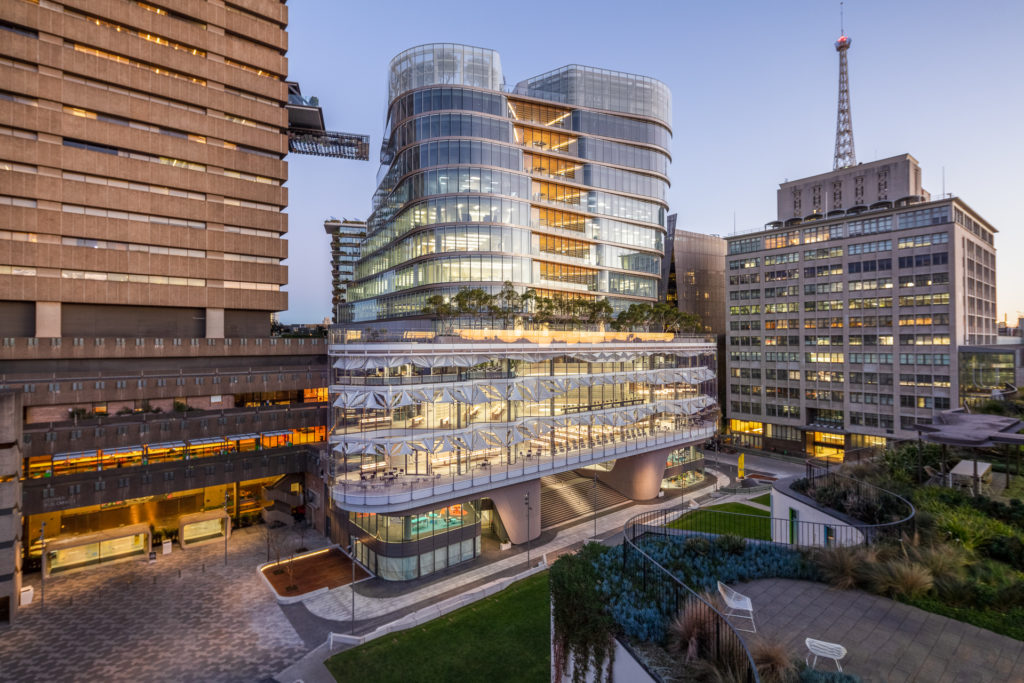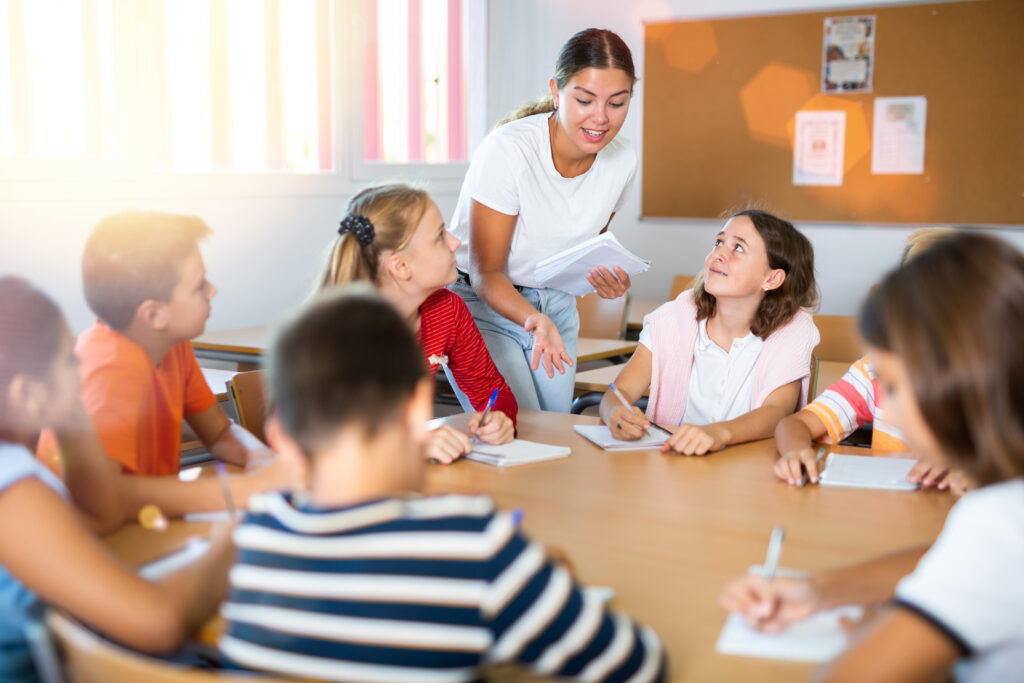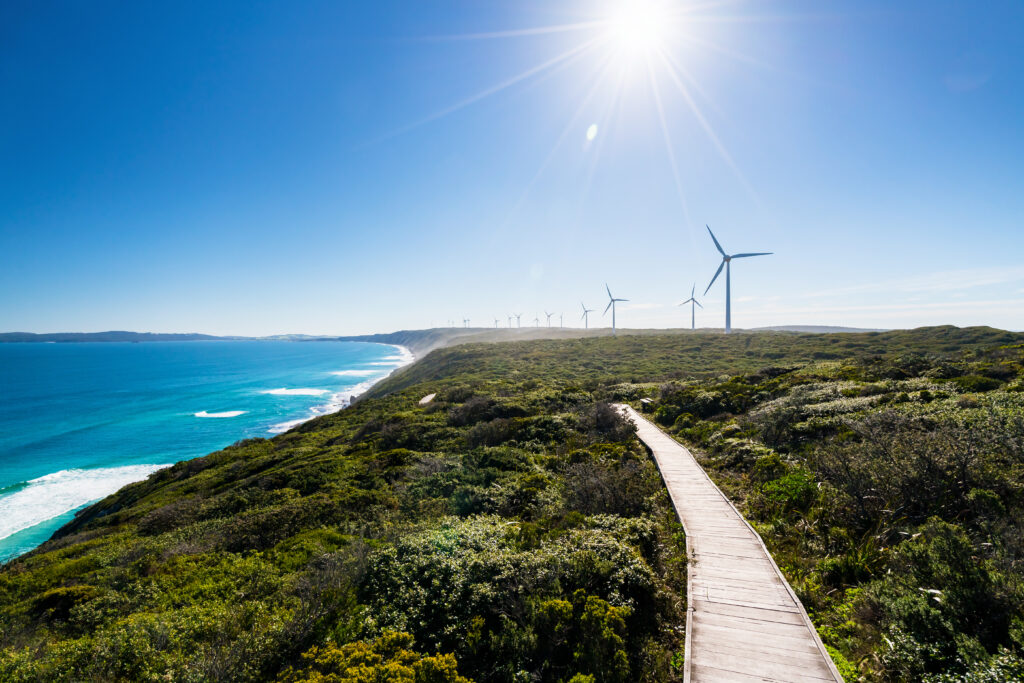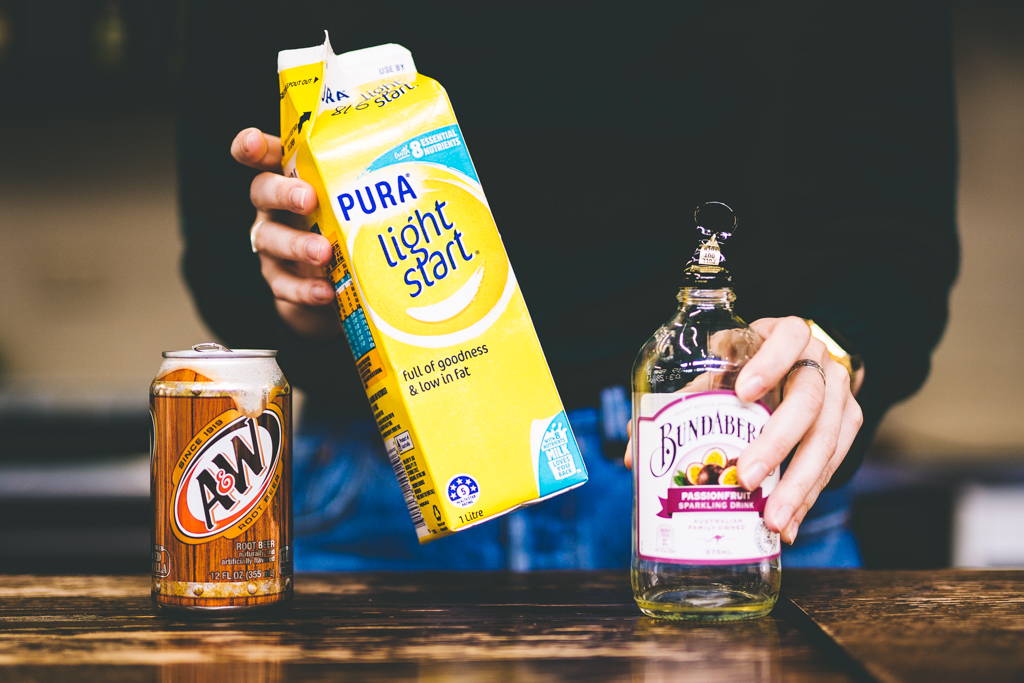When you first come to Sydney, the first thing you might learn is you’ll need a reusable shopping bag when buying your groceries. Maybe you’ll find it hard to get a plastic straw for your soft drink. Or, perhaps you might score a discount on your coffee when you bring a reusable cup to some cafes.
That’s because Australia is in the midst of reform when it comes to environmental sustainability. We’re cutting down on single-use plastics, encouraging recycling, and composting more organic waste. Building-work and infrastructure, too, are responding to our changing priorities. But why on Earth is all this necessary?
Jyothis Joseph and Anna Kalliomäki, two international students working and studying at the University of Technology Sydney (UTS), tell us why.
“Sustainability is about taking care of our environment to sustain it for future generations,” says Anna. “We only have one planet, so we should take care of it.”
Jyothis adds, “Sustainability is about being responsible for the resources we use and the planet we live on. We try to get more things done with fewer resources.”
Making change
Anna (Finland) and Jyothis (India) put their passion for the environment to good use, being employed by two of UTS’s various sustainability and resource-management departments.
Anna is a current UTS Business student, majoring in marketing. She works at UTS Sustainability where she administers the Green Impact Program.
In the program, staff and student teams compete to engage in sustainable habits such as cycling to university or using reusable coffee cups.
“It’s structured and guided,” says Anna. “Participants work from a toolkit I’ve created. It’s very exciting; it gives us all the ability to make change.”
Meanwhile, Jyothis is a recent UTS graduate, having gained his Master of Engineering in Manufacturing Engineering and Management. He now works at UTS’s Project Management Office as a sustainability and building services engineer.
“Our projects relate to energy management and building services,” Jyothis says. “My job is to analyse how the university conserves energy and resources.”
Starting on a sustainable path

Anna’s childhood spent surrounded by nature means she has always been conscious of sustainability. Now, studying marketing, she’s keen to use her skills for environmental good.
Until her time at UTS, however, she wasn’t sure how her marketing studies could take her there.
“I’ve always been interested in sustainability. I want to help make the world more sustainable. But I didn’t assume there would be a position available for someone who hasn’t studied environmental studies.”
Jyothis’ interest developed later when, as a student, he applied for a casual role at UTS Building Services.
“I wasn’t always so passionate about sustainability,” says Jyothis. “I only became focused on it after coming here. I’ve lived and worked in different countries where energy is wasted, and now I appreciate the work being done here.”
Looking to the future

Working at UTS, Jyothis has contributed to the university’s newest facilities. The recently-opened UTS Central targets a five-star Green Star rating, and Jyothis was involved in planning the building’s management.
“We need to question everything about its energy usage: ‘Why do we need so much lighting when only two people are in the room? Does it need full air-conditioning when no one’s there?’ That’s our playground – to design the perfect conditions for a wonderful teaching environment, without wastage.”
This is just one aspect of a campus-wide masterplan. UTS has pledged to spend $1 billion on upgrading and building new, energy and resource-efficient facilities. Each building targets a five-star Green Star rating and boasts features such as renewable-energy generators, stormwater collection, natural lighting, and of course highly visible staircases to encourage walking.
Yet design can only contribute so much to sustainability. Individual habits, too, must change.
The damaging environmental impact of plastic waste is now widely recognised. Setting a new benchmark for Australia, UTS aims to be plastic-free by 2020. This strategy sees all single-use plastics replaced by reusable or recyclable alternatives. BYO food containers are incentivised by discounts at participating cafés. Failing that, any food wrapping purchased on campus is compostable.
Meanwhile, the 300 kilograms of organic and food waste generated each day are converted into soil conditioner for farming. More than 80% of all UTS waste is recycled overall.
Waste-disposal facilities are signposted well; however, the task of building awareness and changing habits amongst students and staff takes effort. That’s where Anna’s marketing skills help her manage the Green Impact program.
“It was really exciting because I got to plan the project, consider how we recruit teams, and support them through the year. In a couple of months, we have our first awards ceremony for everyone.”
Making a difference
Thanks to initiatives such as these, people can celebrate how even the smallest lifestyle changes can make a difference.
For example, Jyothis’ personal change is to cycle to work every day.
“UTS has some amazing locker, bike-rack and changing facilities, so it’s really easy. Cycling to work is the best way to start the morning because it ties together helping the environment with keeping your fitness goals.”
Jyothis and Anna both agree that their work in sustainability at UTS has opened up new perspectives on their careers.
“I’m more confident of my abilities now,” says Jyothis. “If you asked me three years ago what I thought of my career, I’d say sustainability was just another checkbox in my studies. But it’s thrown light on some interesting career paths.”
“With the experiences I’ve had here, I feel like I’m ready for the workforce,” says Anna.






